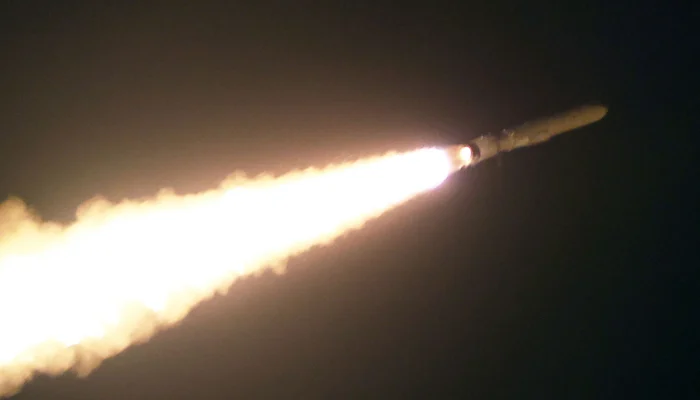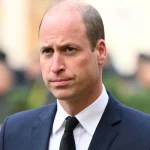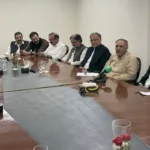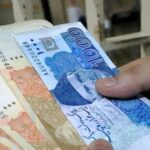A day after the South Korean military confirmed test-fires of several cruise missiles towards the Yellow Sea, Korean Central News Agency (KCNA) reported that North Korea had successfully tested its new strategic cruise missiles, known as “Pulhwasal-3-31,” for the first time in an effort to boost weapon system capabilities.
The launch, according to KCNA, had nothing to do with regional security and posed no threat to the security of its surrounding nations.
The Missile General Bureau and its associated defense research institutes “test-fire is a process of constant updating of the weapon system and a regular and obligatory activity,” the report continued.
The several launches occur just days after the troops of Kim Jong-un fired an intermediate-range ballistic missile with a hypersonic warhead into the East Sea using solid fuel.
Last week, the US, South Korea, and Japan conducted combined naval drills, prompting Pyongyang to test a “underwater nuclear weapon system,” according to a claim by the North Korean media outlet KCNA.
Pyongyang conducted an important test of its underwater nuclear weapon system, Haeil-5-23, under development in the East Sea of Korea in retaliation to the maneuvers, which it said were “seriously threatening the security” of the North, according to the KCNA.
Early last year, Pyongyang carried out repeated tests of a supposed underwater nuclear attack drone boasting that it could unleash a radioactive tsunami.
Long-tense relations between the two Koreas have sharply deteriorated in recent months as both sides have abandoned important agreements aimed at lowering tension, increased border security, and started holding live-fire drills.
Last week, Kim Jong Un, the leader of North Korea, proclaimed that the South was his nation’s main adversary, disbanded organizations that worked toward unification and outreach, and threatened to go to war over a mere 0.001 mm of territorial violation.
The defense minister of Seoul declared that North Korea would face the fall of its dictatorship if it ever waged war, hours after Pyongyang fired missiles on Wednesday.
“If the Kim Jong Un regime makes the worst choice to start a war, you must become the invisible force that protects South Korea and… eliminate the enemy’s leadership in the shortest possible time and end their regime,” stated Shin Won-sik.
The two Koreas’ relationship has rapidly deteriorated in recent months as they have abandoned important agreements aimed at easing tension, increased border security, and started holding live-fire drills.
The Northern Limit Line, which serves as the two nations’ de facto sea border, will not be recognized by Pyongyang, according to North Korean leader Kim Jong-un. Kim also called for constitutional amendments that would permit the North to “occupy” Seoul during a war.







